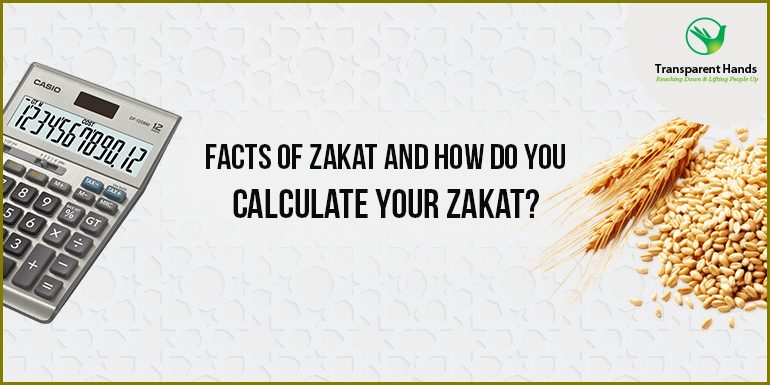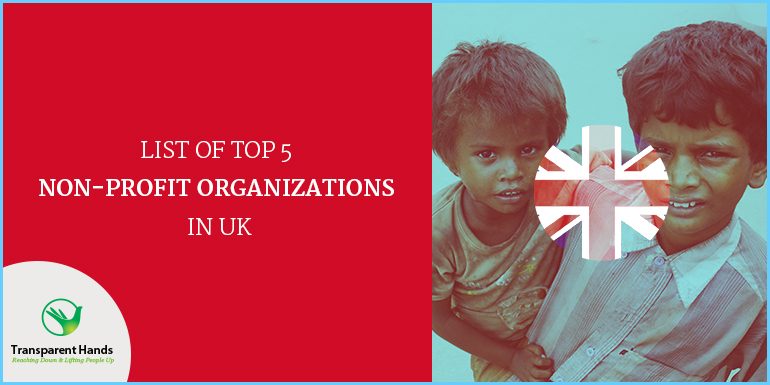Facts of Zakat and How do you Calculate Your Zakat

Muslims are still ignorant about numerous aspects, laws and regulations of Islam. Many Islamic laws and rules have been misinterpreted by people and they have implemented them in the wrong way.
We believe fulfilling the compulsory five waqt Salat everyday will make us a righteous person. We believe that we have fulfilled our religious duties after fasting in every Ramadan and going on a pilgrimage in Makkah. We believe that fulfilling our responsibilities towards our families, parents, relatives and friends are enough to lead a righteous life according to Islam. But this is not the fact. We cannot lead a righteous life or become a righteous person unless we fulfill our social responsibilities towards the poor, orphans, beggars, travelers or refugees or the needy.
This has been clearly mentioned in the Holy Quran [verses: 2:177] which states: “Righteousness is not turning your faces towards the east or the west. Righteous are those who believe in God, the Last Day, the angels, the scripture, and the prophets; and they give the money cheerfully, to the relatives, the orphans, the needy, the traveling alien, the beggars, and to free the slaves; and they observe the Contact Prayers (Salat) and give the obligatory charity (Zakat); and they keep their word whenever they make a promise; and they steadfastly persevere in the face of persecution, hardship, and war. These are the truthful; these are the righteous.”
In order to attain righteousness it is important that we give Zakat from the properties and assets we own to reduce the pain and agony of the mankind and gain the pleasure and mercy of Allah.
-> List of Top 5 Nonprofit Organizations in UK
Facts about Zakat
Zakat is a religious and social responsibility bestowed upon the rich by the Almighty himself. Unfortunately, most of us lack the proper knowledge about giving Zakat and remain confused while calculating it. Here are some basic facts about Zakat which every Muslim should know before they give Zakat.
- Zakat brings Social Justice
Zakat is an equal redistribution of wealth among the rich and the poor. It is also an act of social justice because the less fortunate are looked after by the rich and they aren’t isolated from the community. Generally the rich maintains a distance from the lower class or poor and the poor keep the distant due to fear of rejection. Zakat reduces this distance between the rich and poor and causes more interactions between them.
The rich develops a feeling of empathy towards the poor as they get to understand their pain and agony more. On the other hand the poor remains grateful and respectful towards the rich because they had extended their helping hands unconditionally. The essence of Zakat restores harmony, peace and tolerance in the society.
- Process of Paying Zakat
Islam believes in justice for all so it has ordered to carry out everything by the appropriate process. Zakat being the third pillar of Islam is no exception. The process of paying Zakat includes a few conditions:
The giver has to be a genuine Muslim and has to reach the age of maturity. The giver must have the intention to pay Zakat. The Nisaab amount must remain in the custody of the giver for one year period. The giver should also ensure that they are giving Zakat to the deserving recipient.
- Zakat on Property
Zakat is applicable on livestock, savings; cash in hand, jewelry, business investments and commercial properties including land, buildings and cars that are solely used for business purposes. In this case a person’s residential building, land and personal transports are exempted from Zakat.
Zakat should be given on agricultural products like fruits and crops if these are above 653 kilograms. If the production exceeds the 653 kilograms then the owner will be paying Zakat. Zakat is applicable on livestock. If any individual owns 30 cows then he should give 1 cow as the payment of Zakat. For 40 goats or sheep, there should be 1 animal paid as Zakat.
- One Year Rule to Pay Zakat
A Muslim becomes eligible to pay Zakat when the individual possesses wealth in excess of the Nisaab amount for one lunar year. One lunar year has 354 days in Islamic calendar. Calculating days according to the Islamic Calendar can be a bit confusing. So anyone can use the online Gregorian to Islamic Calendar converter to know their exact Zakat Anniversary date. Zakat anniversary date is calculated depending on the day the person obtains the wealth and holds it for one year timing.
Download our TransparentHands Andriod Application for Online Donation
How to calculate Zakat
Calculating Zakat is not too difficult if you understand the process and follow it accordingly.
At first calculate the total value of all your assets including stocks, savings, investment in properties, and cash in hand, business income or precious metals such as gold or jewelry.
If you have obtained any personal loans then calculate how much you are required to pay per month to the bank as installments. To do this multiply the amount of monthly installments by 12 and you will get your annual liability. Calculate your credit card debts if you have any. If anybody has to pay rent, purchase food, clothing, etc., for himself and his dependants, then sum these monthly expenditures as well.
Now subtract your liabilities and monthly expenditures from your Zakat-eligible assets. Suppose, you have Zakat eligible asset for one year which equals to $8,000 and your liabilities and expenditures in total is $ 3,000. The net worth for Zakat will be is $5,000 ($8,000 – $3,000 = $5,000)
In the next step calculate the Nisaab amount based on the current rate of silver or gold. For example, the current value of silver per ounce is $14. So the Nisaab amount will be $294 ($14 x 21ounce= $294).As the net worth of your properties is much more than the Nisaab amount you owe Zakat.
Your calculated net worth is $5,000 so you’ll give 2.5% of this wealth to Zakat which is $125 ($5,000 X 0.025 = $125).Therefore, you owe $125 for Zakat.
Download our TransparentHands iPhone Application for Online Donation
Conclusion
The primary objective of Zakat is clean the greed and envy of materialistic possessions from the human spirit. Zakat therefore purifies the wealth and the giver’s spirit from all evil vices.
It is mentioned in the Al-Tawbah: 103, “Take Sadaqah (alms) from their wealth in order to purify them and sanctify them with it, and invoke Allah for them. Verily! Your invocations are a source of security for them, and Allah is All-Hearer, All-Knower”
The main objective of Zakat is to help the society by giving a particular proportion of your wealth to the deserving recipients of the society. In return, the Muslims get rewards in this world and in the hereafter as promised by the Almighty. Islam guides us to make this world a better place by helping others. Islam also guides us to follow the righteous path in every aspect of life and live life as the righteous person and thus puts so much emphasis on giving Zakat.













Leave a Reply